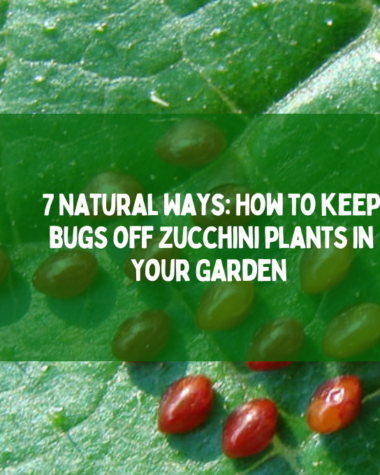Zucchini plants require relatively little maintenance and do not require much effort to thrive. To ensure healthy growth, they should be planted in a spot with full exposure to sunlight and given adequate water and fertilizer. By providing these basic needs, zucchini plants can produce a plentiful harvest with minimal intervention from the gardener.
As a professional gardener, I’ve grown zucchini for many years and have learned some valuable tips along the way. In this article, I’m going to share with you 10 zucchini growing tips that will help you achieve a bountiful harvest.
From choosing the right location to controlling pests and diseases, these tips will ensure that your zucchini plants thrive and produce delicious fruit.
Let’s start.
Choose the Right Location

In our list of 10 zucchini growing tips, choosing the right location for your zucchini plants is crucial to their success. Zucchini plants require a sunny location with well-draining soil.
Here are some key points to keep in mind:
- Choose a spot in your garden that receives at least 6-8 hours of direct sunlight per day.
- Ensure the soil is well-draining to prevent waterlogged roots.
- Amend your soil with compost or well-rotted manure before planting.
Prepare the Soil
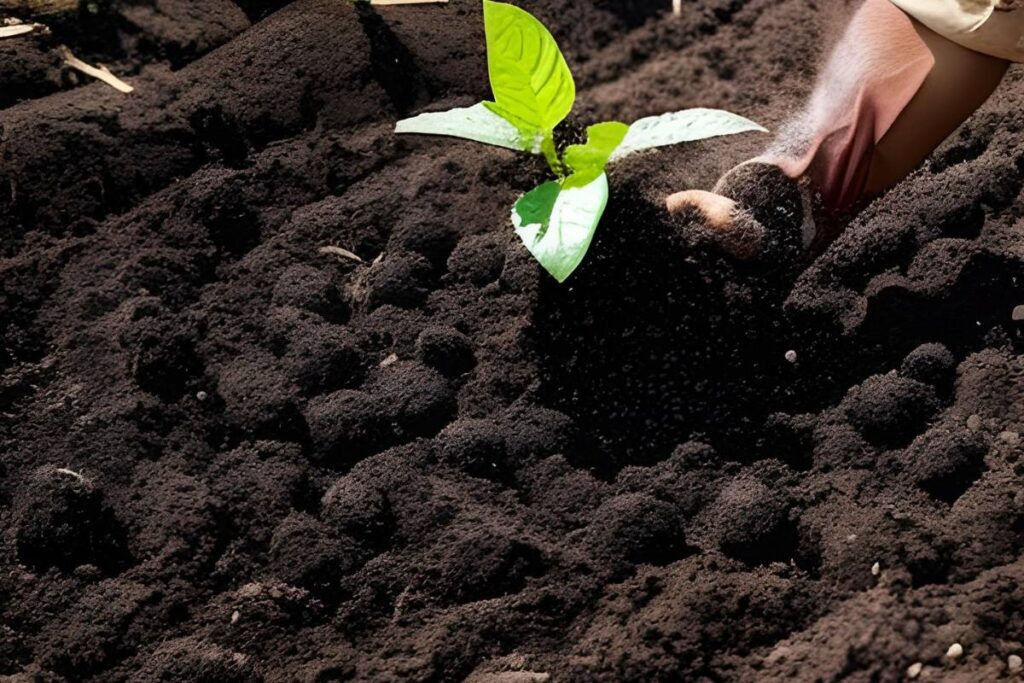
Zucchini plants prefer soil that is rich in organic matter. Preparing the soil before planting can help ensure a healthy growing environment for your zucchini plants. Here’s how to do it:
- Test your soil’s pH to ensure it is in the range of 6.0-7.5.
- Amend your soil with compost or well-rotted manure to improve its texture and fertility.
- Remove any rocks, roots, or debris that may hinder root growth.
Related Reading:
- How to Find, Prevent, and Treat Zucchini Plant Problems?
- 5 Reasons Why Zucchini Blossoms Fall Off: A Comprehensive Guide
- 5 Reasons Why Zucchini Leaves Turn Brown
- What is Zucchini Summer Squash and How to Plant Zucchini from Seeds?
Plant at the Right Time
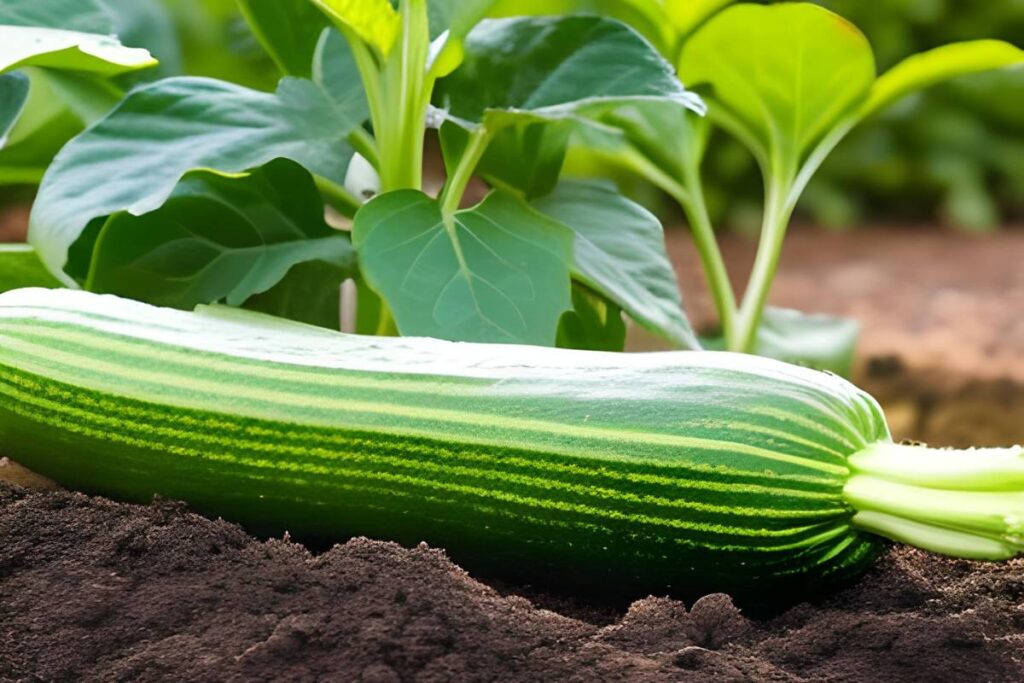
Zucchini plants are warm-season crops that do not tolerate frost. Planting at the right time is essential for a successful harvest. Here are some tips for planting zucchini:
- Wait until after the last frost date in your area before planting.
- Plant seeds or transplants 2-3 weeks after the last frost date.
- Plant seeds 1 inch deep and 3-4 feet apart, or transplant seedlings 18-24 inches apart.
For the best results in our zucchini growing tips, it is recommended to plant zucchini and summer squash between late May to early July, taking into consideration the current season’s temperature and rainfall patterns. Since it is a warm-season crop, it thrives in warm air, warm soil, and should be planted when there is no risk of frost.
Water Regularly
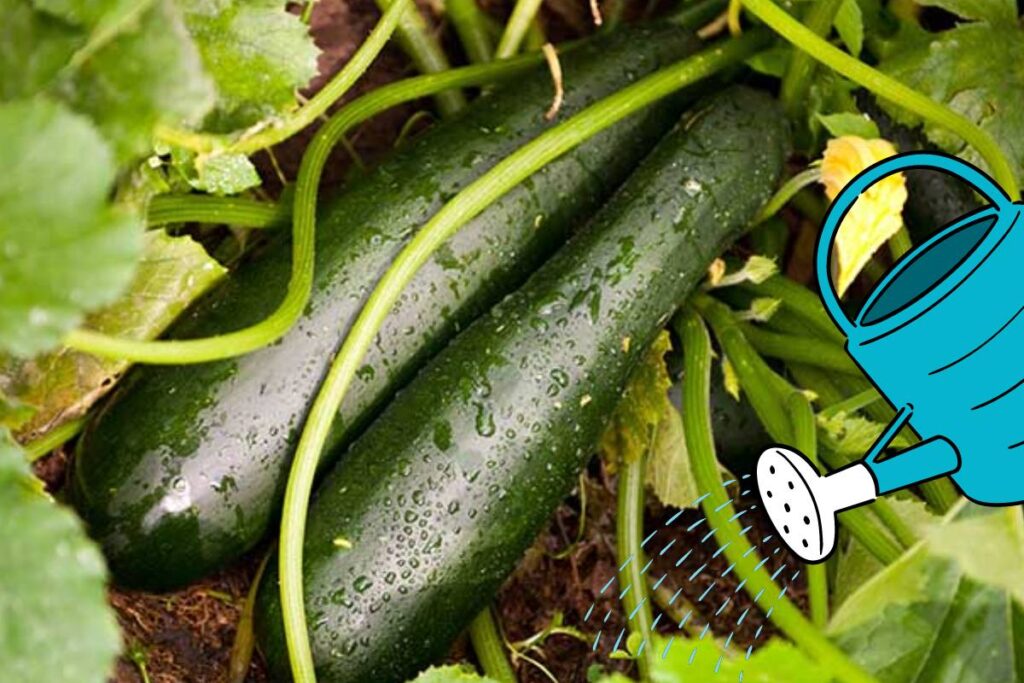
Zucchini plants require consistent moisture to thrive. Water deeply once or twice a week, depending on the weather. Here are some key points to keep in mind:
- Water at the base of the plant to avoid wetting the foliage.
- Use a soaker hose or drip irrigation to deliver water directly to the roots.
- Avoid overhead watering, as this can increase the risk of fungal diseases.
To ensure that your zucchini plants receive adequate moisture, it is recommended to water them once a week in cooler weather, gradually increasing it to two or three times per week during hot and dry periods. This general rule helps to prevent the soil from becoming too dry, which can negatively impact plant growth and fruit production.
Fertilize Appropriately
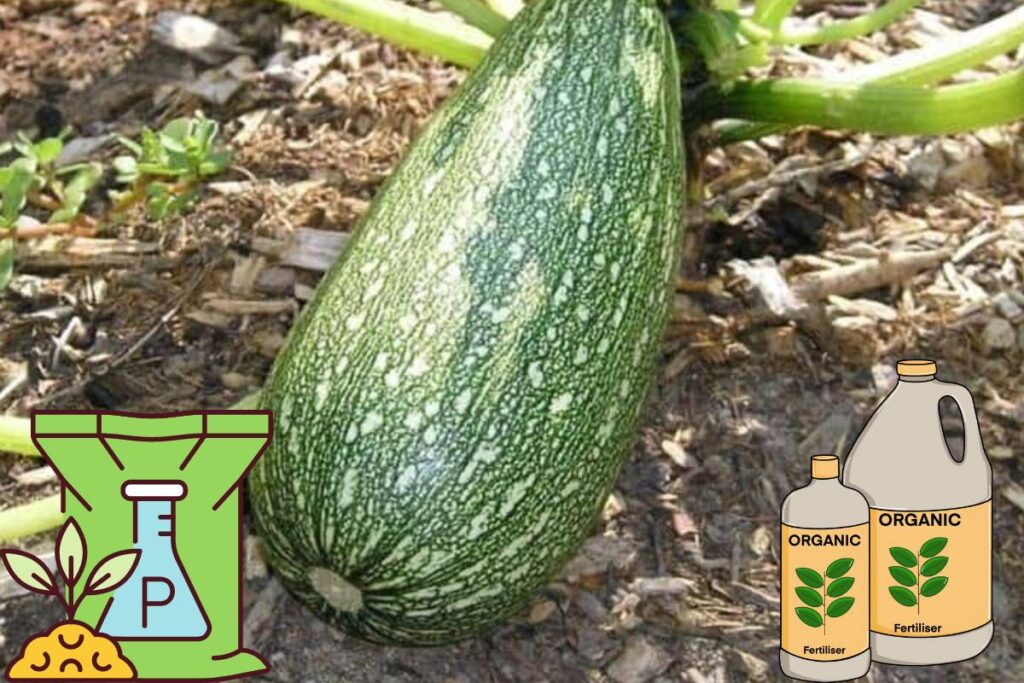
Zucchini plants benefit from regular fertilization. Applying the right type and amount of fertilizer can help ensure healthy growth and a bountiful harvest. Here’s what you need to know:
- Use a balanced fertilizer with equal amounts of nitrogen, phosphorus, and potassium.
- Apply fertilizer according to the manufacturer’s instructions every 4-6 weeks.
- Avoid over-fertilizing, as this can lead to excessive foliage growth at the expense of fruit production.
Mulch the Soil
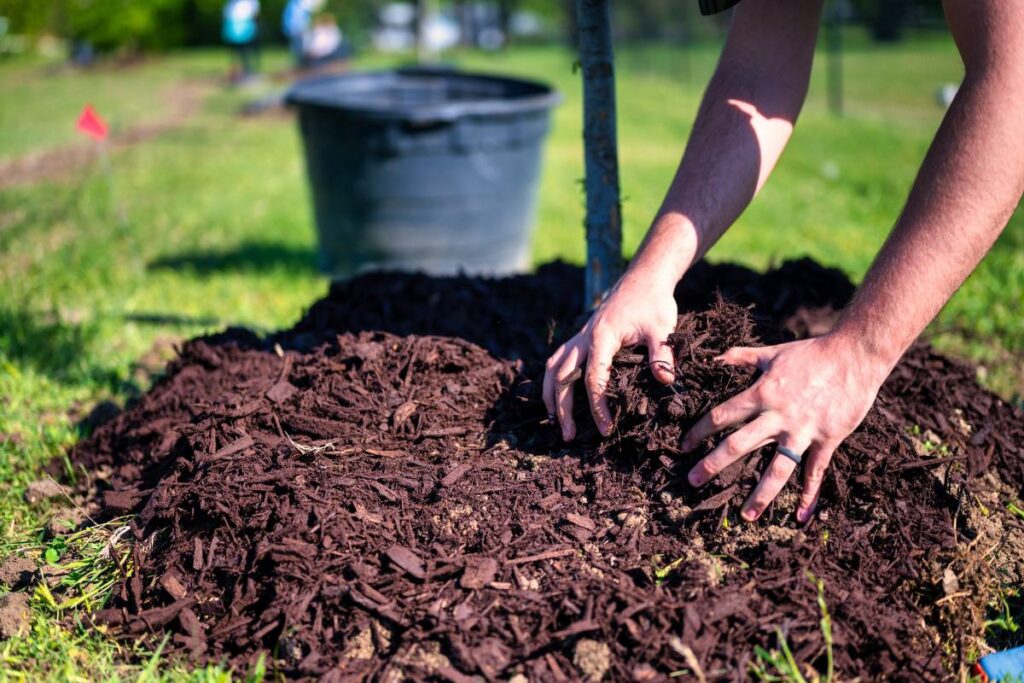
Mulching around zucchini plants can help retain moisture, suppress weeds, and regulate soil temperature. Here are some key points to keep in mind:
- Use organic materials such as straw or shredded leaves for mulch.
- Apply mulch around the base of the plant, leaving a small gap around the stem.
- Mulch to a depth of 2-3 inches, taking care not to cover the foliage.
Overall, mulching the soil around zucchini plants can provide numerous benefits and is a simple yet effective way to improve plant health and productivity.
Train the Vines

Zucchini plants can become quite large and sprawling, taking up a lot of space in your garden. Training the vines can save space and make harvesting easier.
Here’s what you need to know:
- Use a trellis or fence to train the vines vertically.
- Tie the vines to the trellis or fence using soft plant ties.
- Pinch off the growing tips of the vines once they reach the desired height to encourage lateral growth.
Harvest Regularly

Zucchini plants can produce fruit quickly and abundantly. Regular harvesting is important to keep the plants producing new fruit. Here are some tips for harvesting zucchini:
- Harvest when the fruit is about 6-8 inches long and 1-2 inches in diameter.
- Use a sharp knife or pruning shears to cut the fruit from the stem.
- Harvest every few days to prevent the fruit from becoming too large and tough.
Control Pests

Zucchini plants are susceptible to a variety of pests, including squash bugs and cucumber beetles. Here are some tips for controlling zucchini pests:
- Handpick and remove pests from the plants as soon as you spot them.
- Use insecticidal soap or neem oil to control pests.
- Plant companion plants such as marigolds or basil to deter pests.
Prevent Diseases

Zucchini plants are also susceptible to a variety of diseases, including powdery mildew and bacterial wilt. Here are some tips for preventing zucchini diseases:
- Space plants properly to allow for good air circulation.
- Water at the base of the plant to avoid wetting the foliage.
- Use disease-resistant varieties of zucchini.
Related Reading:
- 7 Tips to get more Tomatoes This Season from every single plants
- Secret Tips To Grow Pumpkins From Seeds
- Complete Aubergine Planting Guide: Tips and Strategies for Successful Cultivation
- Why Carrots Crack: Tips For Preventing Cracking In Carrots
- Cucumber Plant Care Tips: How to Keep Your Plant Healthy and Happy
Conclusion
Growing zucchini can be a rewarding experience, especially when you follow these tips. From choosing the right location to controlling pests and diseases, these 10 tips will help you grow healthy, productive zucchini plants.
With a little bit of effort, you’ll be enjoying delicious zucchini all summer long. Remember to water and fertilize regularly, harvest frequently, and control pests and diseases as needed.





